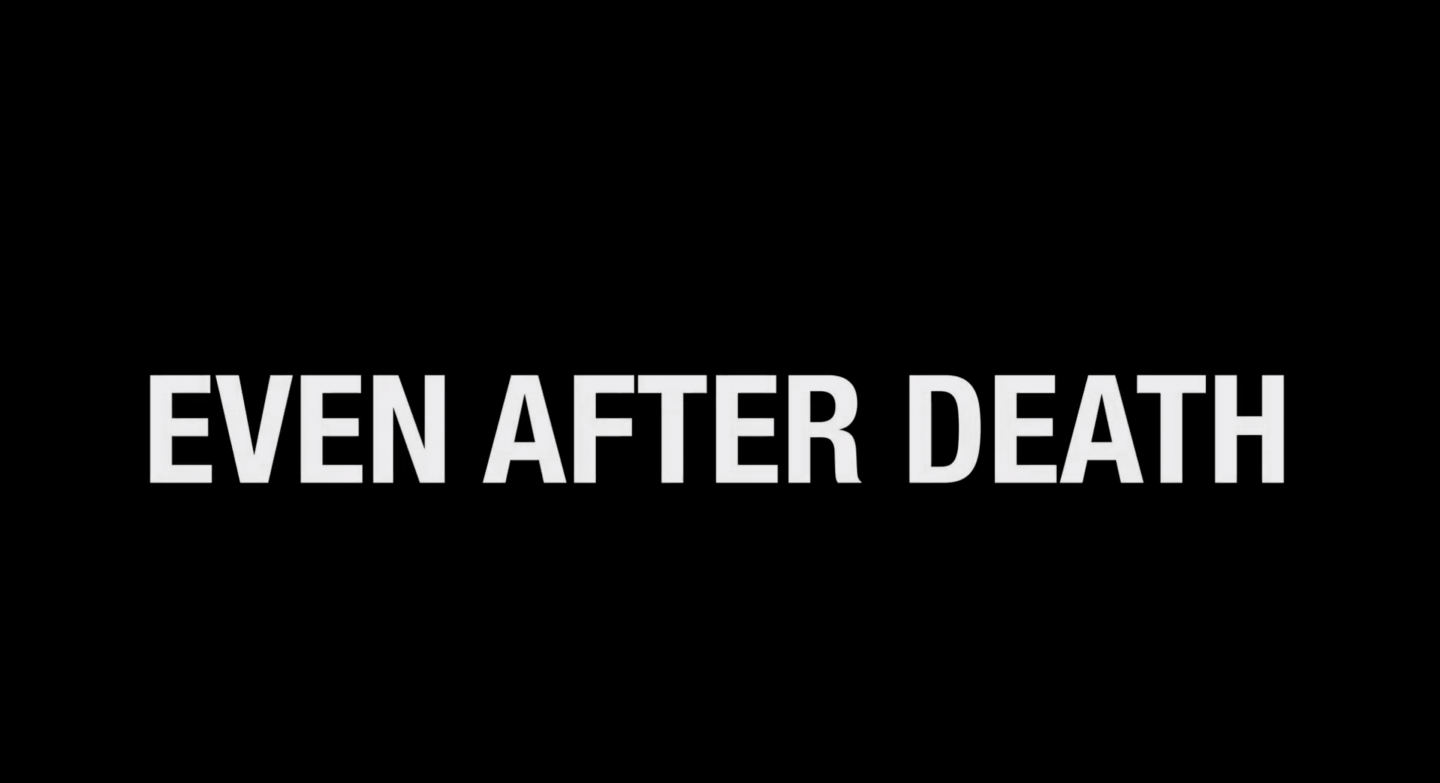
Looking beyond numbers – the right to dignity for those who died trying to cross the Mediterranean
The wrestling match over refugees between the European Union and its neighbouring countries has taken on a new and violent form a couple of months ago, trapping migrants between Greece and Turkey. More than ever, human lives were reduced to numbers and used to advance political agendas at home or abroad . The ongoing pandemic further threatens this highly vulnerable population trapped in overcrowded camps with suboptimal hygiene conditions.
The estimated number of people who have attempted to cross to Europe and have found themselves trapped in Libyan jails or on life rafts in the middle of the stormy Mediterranean sea varies depending on sources. According to the IOM, 2020 has already seen 258 deaths in the Mediterranean. The UNHCR estimates the number of deaths in 2020 to be 182 but recognizes a death toll of 20 000 since the beginning of the migrant crisis in 2014. Unhappy with the lack of accountability for the magnitude of the crisis, civil society organisations have taken it upon themselves to give a closer look at the actual number of casualties. The Dutch NGO UNITED has put together a List accounting for the number of deaths at sea, in jails, asylum reception centres and urban settlements since 1990, when migrants were coming from Albania rather than Syria.
Yet the migrant crisis is not only about numbers. Behind each human life hides a story of war, persecution, economic deprivation or environmental depletion leading many to put their future and their savings in the hands of smugglers. Many who survive have tried to give accurate accounts of their situations back home, the hardships encountered on their journey to a safer land and the challenges faced during the asylum process. Most recently, For Sama put viewers in the shoes of a Syrian living in a city under siege. The powerful impact of the film shook international audiences all the way to Los Angeles where it got nominated for the Oscar of best documentary movie.
This is the story of someone who survived. For those who didn’t make it, their unconfirmed deaths are most often the end of the story. In our upcoming documentary ‘Even After Death’, a group of refugees who survived crossing the century’s deadliest sea decided to tell the story of the bodies fished from the sea without any proper documentation and barely recognizable. The documentary intertwines the work experiences of coroners and forensic experts with the story of surviving a deadly shipwreck shared by an Afghan woman into an emotional narrative on the process of mourning. Thousands of bodies are buried on the Greek islands while thousands of families are still trying to locate their loved ones. To this day, there is no centralised system to ensure that the victims of the Mediterranean are tracked, receive a grave worthy of the name, and can be properly mourned according to the traditions and rituals of their home communities.
The right of the dead is a centuries-old concern. The ancient Egyptians are well known for paying enormous importance to their death rituals. In 1949, the Geneva Convention protected the dead bodies of the enemies against ill treatment and even went as far as to require proper group burial rituals for the bodies found on the battlefield. At the core of all the arguments against restricting the use of land to bury dead refugees lies a profound sense of respect for all human lives that have passed, regardless of origin. Immense empathy drives the incredibly meticulous work of the experts interviewed in the documentary.
This respect is not only paid to the dead body but is also a way to honour the families of the victims. The importance of mourning rituals is widely accepted within the mental health field, especially amongst psychologists. In 1984, the National Academy of Science, commissioned by The Lancet, produced a report on bereavement, evaluating the importance of mourning rituals and the best ways to accompany those who are grieving in this process.
The documentary ‘Even After Death’ brings to life these timeless debates.
To participate in this conversation you can tune into Movies That Matter’s online screening, on May 26 at 8 PM (CET). During the Q&A after the screening the filmmakers will discuss these important issues shaking European society.
–
This article was written by Sanam Monteiro, Communications Intern at Minority Rights Group International